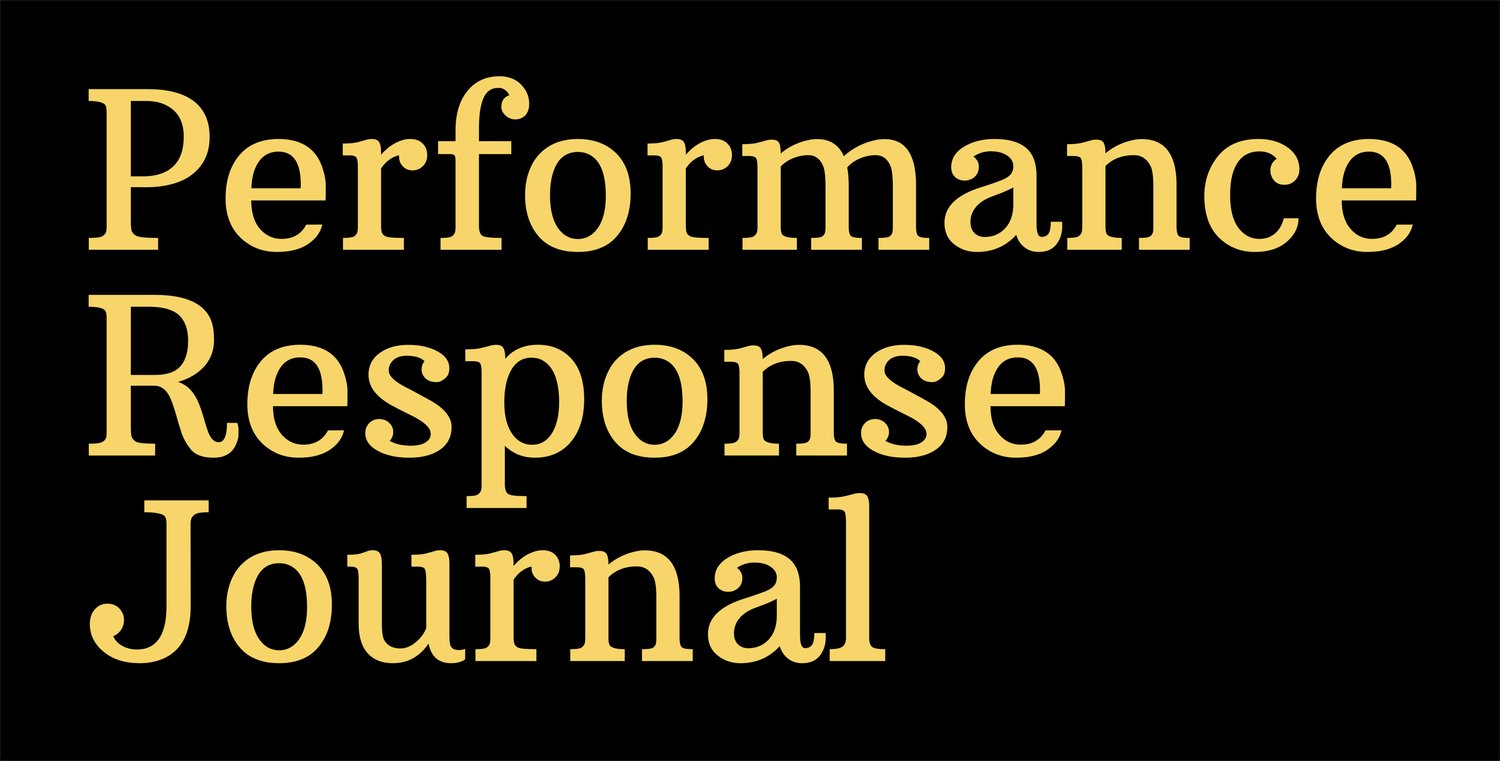there are no dead people: a response by Corey Smith
Image captured by Claire Demos
there are no dead people
Performed by Genesis (Amanda Dunne Acevedo and Lindsey Barlag Thornton)
Devised & performed with guest artists Carol Crosby, Jordan Harris, Alex Hovi, Grace Needlman, and Lauren Steinberg
Assistant Directed & Stage Managed by Holly Gablemann
November 10-13, 2023
The Tavern at Color Club
*******************************
E,
Here’s what I’ve been thinking about — I hope you die first.
I mean, it’s not that I want you to die. Here’s what I want: I want you to go swiftly and discreetly and meaningfully after a long happy life. But (here is the ugly part), I don’t want that life to include my passing. Maybe this is youth, maybe it is love, maybe egotism — I want to take the pain of living alone so that you might not have to.
I feel like I’m closing some door for you with this wish. I don’t want to deny you life, which would be to deny you pain. I’m stuck here.
I saw a piece of theater a few weeks ago by some dear friends, some of whom I have known for fourteen years. Fourteen is a number that is bigger than thirteen. I know about numbers now, at least the ones smaller than 31. My father will be sixty in two years and everyone I saw on stage will die.
It’s an ensemble work — there are seven performers and one stage manager. They all share stories about people who have passed. They toast to the dead, reminisce about the living. All the people they mention are real, although it’s all mixed up who is sharing what story — the dead are interesting like that, they belong to all of us.
The piece begins with tidying. Or (Carol hanging a small decoration on the wall) the piece begins with preparation. That’s life, isn’t it? (Jordan sweeping.) Preparation and mess. (Lindsey moving chairs.) That sounds more pessimistic than I mean it. (Alex wiping the counter.) What if I said it excitedly? That’s all life is! Preparation! And the mess that follows!
The piece didn’t really end. At one point it was happening and then at another point it was over. We weren’t sure when to clap, although we knew that we needed to. Is that what death is like? It’s certainly what it feels like from here — they held up the phone to my grandmother on her hospital bed and I heard some morbid encouragement fall out of my mouth. “It’s okay to go.” At one point it’s happening, and then it’s over.
What is the ending exactly, though? Alex is alone. It’s quiet for the first time in my whole life. There is a knock at the door. Alex steps out and comes back with…a care package? There are Pringles. And champagne. He sets everything down and, after a bit of shuffling, turns to us and says “I think we’re just gonna hang out…” This is cue enough for us to applaud. The applause, like all other things, is a ritual to bring us a little peace in the uncertainty of it all. We can say this much at least: it’s over.
What to say of the middle? It’s, like life, disparate, saturated, dripping with ambivalence and with meaning — Amanda’s new child giving her the song which offers goodbye to her dad, Jordan’s acapella rendition of “End of the World” (a kind of love song, but a love song slipping into the gnawing face of goodbye), Grace’s infectious optimism on learning about the possible immortality of bats. And then there are the moments all together: a slow-motion dance to “My Way,” cake getting passed out, a stream-of-consciousness list of “firsts,” a sonic landscape of whispers.
At one point in the middle, Lauren runs in place to the point of exhaustion. It’s hard to watch. Lindsey offers water from the sidelines, but the water jostles to the floor before Lauren can drink. We are powerless here, all we can do is watch until she stops. Like grief, I think — she has to do it herself. When it finally, mercifully, comes, the room settles into the lonely sound of panting.
E, I don’t have words for why this piece, with its jumble of joy and sobriety, left me thinking of us. I think it’s because death confuses my sense of things. Things that I thought were different are actually mixed up and complicated — solitary/collective, quiet/loud, peaceful/desperate, you/me. I’ll borrow some words from Lindsey:
“This might seem strange, but sometimes when I think about myself disappearing from this place, I am filled with a sense of relief and I don’t know what to make of that. But when I think of you—losing you — I am destroyed, devastated. I really really don’t want to lose you. So here’s to remembering it all.”
Remembering isn’t enough, E. But it’s the only thing I can see ahead of us. I write “us,” but I mean “one of us.” May whoever that is know peace.
I love you. I’ll see you at home,
c
*******************************
Corey Smith is a composer, writer, and performer from Chicago. They teach at the School of the Art Institute of Chicago.


